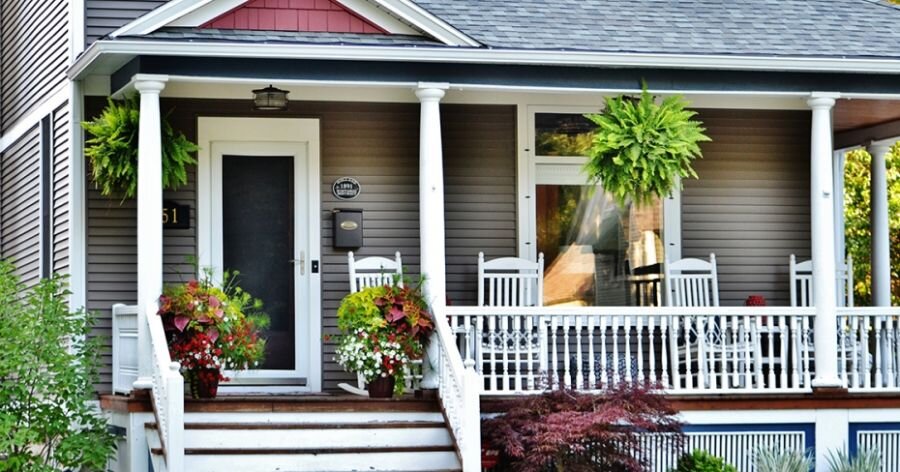How to buy a home with a mortgage helper
By: Vanessa Page on August 24, 2016
Canadian housing prices are out of control. The times when you could save up a 20% down payment with a bit of work are now long gone. Most Canadians struggle to save up even a small down payment.
Today, the average price of a house in Canada is $503,301 – significantly higher than the median family income of $76,000. If you are set on buying a house, you might try to purchase more house than you need and rent out the basement or individual rooms.
Rental suites in the basement are sometimes called “mortgage helpers”, and they just got a little bit more helpful thanks to the Canadian Mortgage and Housing Corporation (CMHC).
What is a mortgage helper?
A mortgage helper can’t be any old thing. To qualify, it must be a self-contained, legal rental unit. This means that a person who rents out their basement should provide their tenants with their own kitchen, bathroom, and living room areas, as well as a separate entrance to the unit. Rental units must also be built to code with adequate ventilation, windows, and sound-proofing. The building also needs to be zoned to allow for a rental suite. You can illegally rent out your spare bedroom, but you can’t declare that rental income as income to CMHC, or use it as an “official” mortgage helper.
If you’ve got a house in mind that has a legal rental suite, you need two years of rental data to find the average rental price. Once determined, you can declare that income, along with your own actual income, when applying for a mortgage. Previously, potential homeowners were only allowed to declare 50% of the two-year rental income. Today that number is 100%. On an $800 rental, this change from 50% to 100% means the potential homeowner can boost their income by $4,800 when applying for a mortgage.
Pros and cons of using a mortgage helper
The biggest benefit of a mortgage helper to buy a home is exactly what its name implies: the rental suite helps you pay off your mortgage on top of helping you qualify for a bigger mortgage.
You do have to be aware of the downsides of using a mortgage helper to buy a home, though. Being a small-time landlord is not easy. There are no economies of scale when you are a landlord of one unit. You probably won’t have money to hire a full-time handyman or rent collector. This means that you, the homeowner, are responsible for every task that needs to be done. Toilet overflowing at 2 a.m.? You’re the one getting up and calling an emergency plumber. Rent two months behind? You’re the person who has to try and collect from your basement dweller.
With CMHC now allowing 100% of rental suite income to count toward mortgage qualification, a prolonged vacancy could be disastrous for you, since you are approved for a much bigger loan than you can afford. What’s more, instead of buying an affordable home and using the rental suite as a mortgage helper, some people might be persuaded to increase their budget along with their increased potential income.
A mortgage helper can be a great tool for experienced landlords or people willing to sacrifice space and energy to quickly pay down their mortgages. Unfortunately, the new rules allow people to increase their budgets despite the rental income not being a guaranteed source of revenue. Carefully consider this reality before you buy a home with a mortgage helper.

.jpg?itok=SnQQgxS0)
